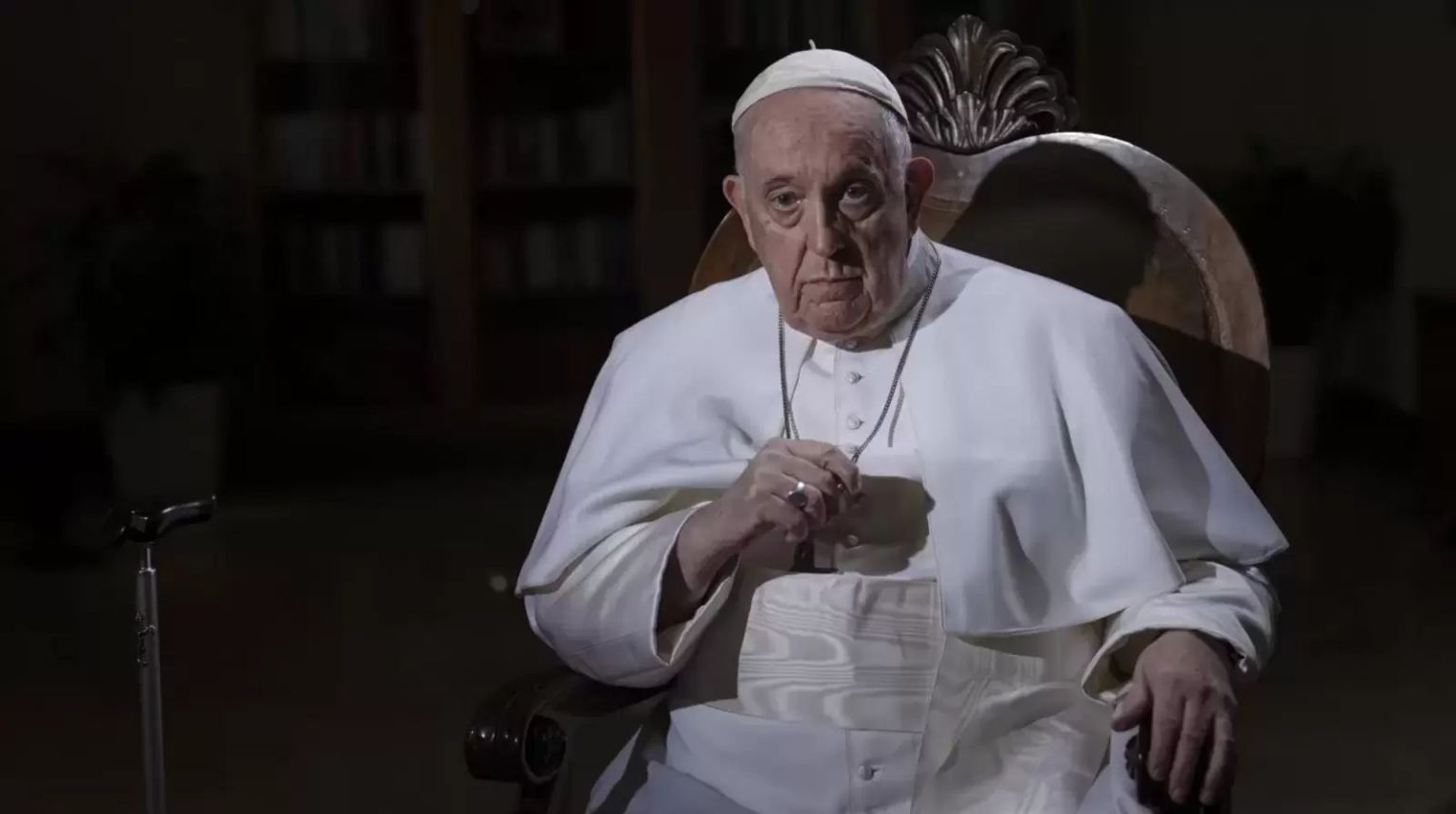Pope Francis reformed views on the death penalty and nukes, upheld abortion stance, and reached out to Muslims and marginalised faith communities. Pope Francis, known for his dynamic reforms that deeply inspired many Catholics while stirring unease among traditionalists, passed away on Monday at the age of 88. The Argentine pope, who has led the Catholic Church since March 2013, had been hospitalised for 38 days at Rome’s Gemelli hospital due to severe pneumonia.
He appeared to recover and was discharged on March 23. Just a day before his death, he made a brief but frail appearance on the balcony of Saint Peter’s Basilica, bringing joy to the faithful gathered for Easter Sunday.
Throughout his papacy, Francis reshaped Church teachings on issues like the death penalty and nuclear arms, maintained conservative positions on topics such as abortion, and worked to build bridges with Muslims and other communities that had often felt excluded by the Church.
Where did Pope Francis stand on key issues?
Abortion
Pope Francis upheld the Church’s traditional stance against abortion, calling it part of a broader “throwaway culture” and even comparing it to hiring a hitman. However, he emphasised compassion over condemnation, urging the Church to spiritually accompany women who had abortions. He granted regular priests the authority to forgive sin, a shift from past practice where only bishops could do so. He also rejected efforts by U.S. bishops to bar President Joe Biden from receiving Communion due to his support for abortion rights, asserting that clergy should act as spiritual guides rather than political enforcers.
LGBTQ inclusion
Francis famously said, “Who am I to judge?” about gay Catholics and has since made inclusive gestures, stating that LGBTQ individuals are loved by God and welcome in the Church. While he didn’t change the doctrine labelling homosexual acts as disordered, the Vatican under him allowed same-sex blessings and acknowledged that transgender people could be baptised and serve in church roles. In Argentina, he supported civil unions as a compromise when opposing same-sex marriage.
Clergy abuse
Francis’s papacy was marred by the sexual abuse crisis, particularly after he initially dismissed Chilean victims’ claims. After recognising his error, he apologised in person and pressured the Chilean bishops to resign. His most notable move was defrocking the U.S. Cardinal Theodore McCarrick following an investigation. He also reformed Church laws to remove pontifical secrecy and to establish procedures for holding bishops accountable. Yet, his credibility was sometimes questioned when he appeared to support certain accused clergy.
Death penalty and prison reform
Francis broke from prior Church teaching by declaring the death penalty unacceptable in all cases. He also condemned life imprisonment without parole as a “hidden death penalty” and solitary confinement as torture, calling for both practices to be abolished.
Divorce and communion
He stirred debate by suggesting divorced and civilly remarried Catholics might be allowed to receive Communion under certain conditions. He streamlined annulment procedures and encouraged bishops to assess each case individually, subtly opening a door long closed by traditional doctrine.
Capitalism and economic justice
Francis frequently criticised global capitalism, arguing that economic systems often prioritise profit over people. He denounced the worship of money, called for universal basic income and better labour conditions, and argued that globalisation had deepened inequality. He once said, “this economy kills,” affirming his views were rooted in Gospel teachings, not communism — despite criticism from conservative commentators.



